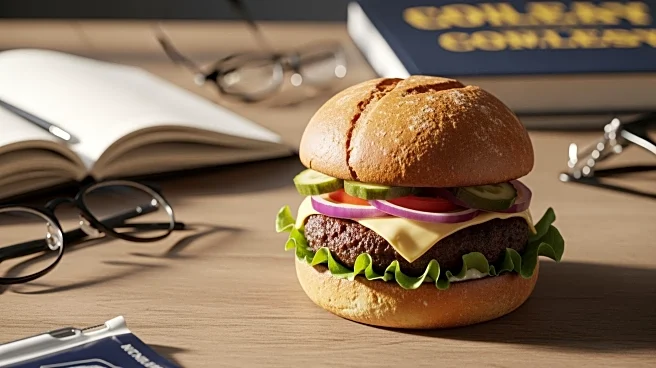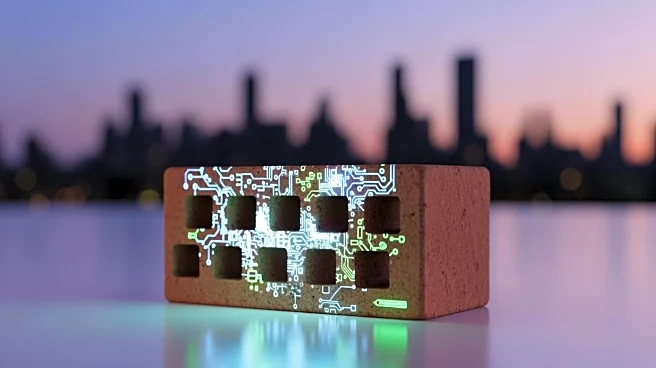Rapid Read • 6 min read
A LendingTree survey reveals that nearly half of U.S. consumers engage in retail therapy to improve their mood, with 54% considering it a form of self-care. Emotional shopping, however, has led to overspending for 74% of respondents, negatively impacting financial health for 44%. The survey highlights the role of Buy Now, Pay Later (BNPL) services in facilitating emotional spending, particularly among Gen Z and millennials. Retail therapy is driven by various emotions, including happiness, excitement, stress, and boredom.
AD
The increasing popularity of retail therapy as self-care reflects changing consumer behaviors and the emotional aspects of shopping. While it can provide temporary relief, excessive emotional spending poses financial risks, especially with the ease of BNPL services. Retailers may capitalize on this trend by enhancing shopping experiences, but they must also address the potential for consumer debt. The findings highlight the need for financial literacy and responsible spending practices among consumers.
The trend of retail therapy raises ethical considerations regarding consumerism and mental health. It prompts discussions on the balance between emotional well-being and financial responsibility. Retailers and financial institutions may need to consider the long-term implications of promoting emotional spending and explore ways to support consumer education.
AD
More Stories You Might Enjoy













